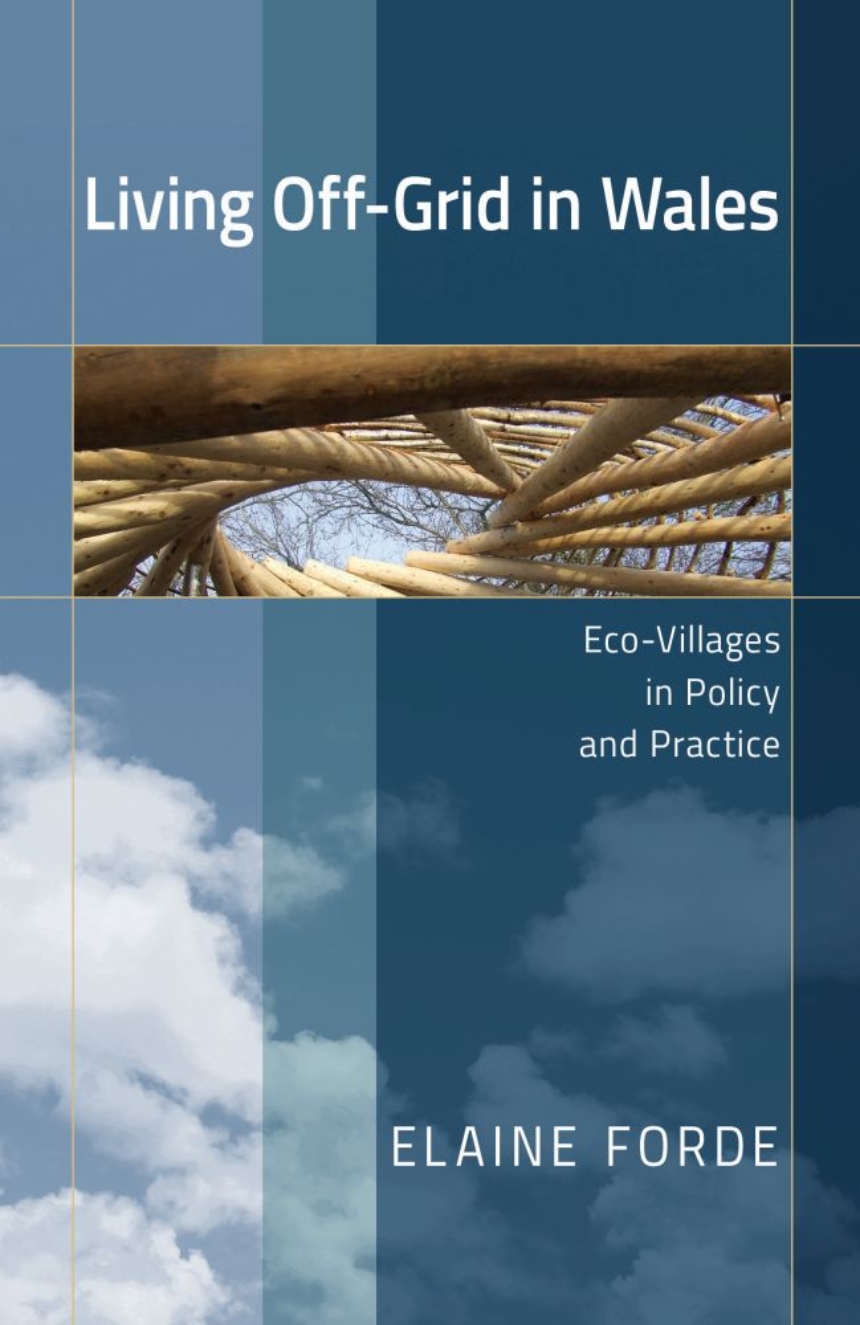9781786836588
Distributed for University of Wales Press
Living Off-Grid in Wales
Eco-Villages in Policy and Practice
Living Off-grid in Wales scouts the new policy context for off-grid rural development by contrasting the policy approach with the activist version of going off-grid. The examples examined in the book feed into much broader debates about the possibility of planning for sustainable development. This book offers clarity to the notion of off-grid by examining two main case studies that do off-grid very differently from each other. The policy context that is examined in the book is distinctive to Wales – it is novel to see a planning policy that not only incorporates but insists on off-grid. The book pivots on this contradiction: if planning (as is thought) is about the spatial reproduction of society, then why should it encourage independence from these systems? Living Off-Grid in Wales also fosters an ethnography of rural Wales, and the book’s focus on alternative communities brings a novel perspective to the anthropological literature on community by considering off-grid as a new form of radical social assemblage.

